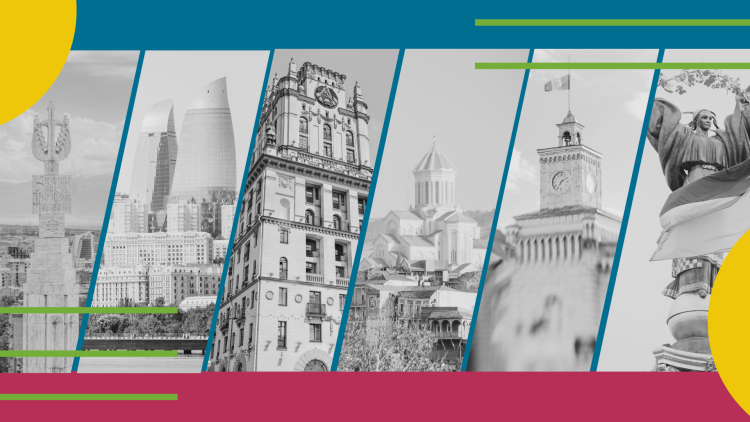
Between January and September 2024, a number of key developments took place in the Eastern Partnership countries.
These trends include:
- New restrictive legislation that hinders CSO activities and endangers fundamental rights;
- Repression of civil society in the context of elections;
- Continued trend of suppressing peaceful assemblies;
- Positive steps towards increasing public participation in some countries.
Hope for a more enabling environment for civil society
As documented by the CSO Meter monitoring over the recent years, the overall civil society environment in the region has not been improving. Some developments in 2024 give hope that this might change in the future. The opening of accession negotiations with Ukraine and Moldova presents a huge opportunity to increase civil society involvement in policy making and advocate for legislation following international standards. Armenia, Moldova and Ukraine have also noted positive legislative developments in the direction of increased public participation.
Concerning restrictions on the rise
The year 2024 in the region is inevitably marked by the ‘Law on Transparency of Foreign Influence’, which was passed in Georgia amid mass protests and widespread international criticism. This law was then followed by a law restricting the rights of the LGBTQIA+ community. In Belarus, authorities escalated the forced liquidation of CSOs and expanded the criminal liability of recipients of foreign aid. Notably, the first ever criminal sentence for continuing the activities of a forcibly liquidated CSO was passed, setting a dangerous precedent. Azerbaijan has also escalated the crackdown on civil society, media and opposition, in relation to its presidential election. While Armenia has noted positive legislative developments, in practice the freedom of assembly in the country was marked by excessive use of police force against protesters.
